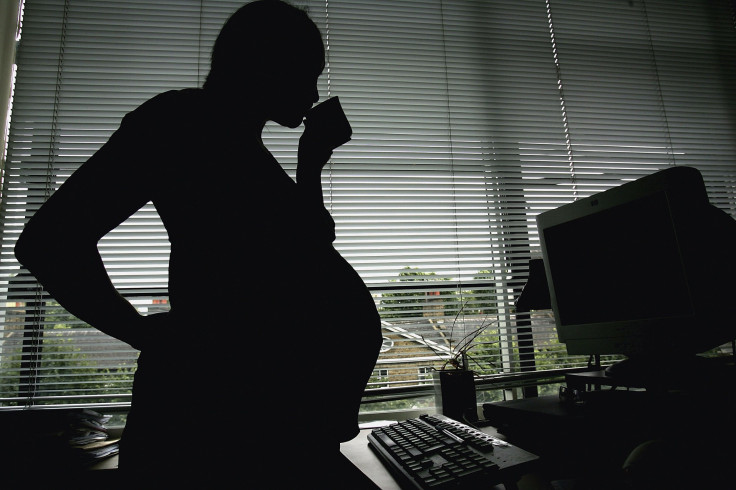Migraine During Pregnancy Can Cause Life-Threatening Problems For Mother, Baby, Study Says

Pregnancy is associated with several complications and migraine is one among them. This headache disorder can lead to life-threatening problems for the mother and her child, according to a study.
The study stated that hypertension, miscarriage, febrile seizures, low birth weight and respiratory distress syndrome are some of the problems caused due to this debilitating disorder. It is worth noting that nearly 25 percent of all clinically recognized pregnancies end in miscarriages, according to the American Pregnancy Association.
The research, published in the medical journal Headache in May, stated that nearly 25 percent of women are affected by migraine when they are young or in their reproductive age. According to the World Health Organisation, migraine is one of the most common types of headache disorders in women and hormonal influences could be the major cause for it.
This fact inspired the research team to look into the various outcomes of migraine in pregnancy for mothers and babies. For the study, the research team analyzed data of 251,165 women who conceived between 2005 and 2012. They collected the information from Danish Medical Birth Registry and Danish National Patient Registry. While 22,841 participants had migraine during pregnancy, 228,324 pregnant women were not affected by this headache disorder.
At the end of the research, the academics found that migraine in pregnancy is linked to miscarriage and pregnancy-related blood pressure problems for women. For infants, this debilitating disorder can increase the risk of respiratory distress syndrome, low birth weight and febrile seizures.
Of all participants, 11.3 percent of women with migraine suffered from miscarriages and eight percent of them had hypertension disorders tied to pregnancy. Meanwhile, 25.4 percent of these women had cesarean deliveries and 6.1 percent of their babies had low birth weight.
When the research team analyzed other factors that are likely to affect the outcomes, they found that there are 50 percent greater risk of pregnancy-related hypertension and 10 percent higher risk of miscarriage for women with migraine.
The authors also found that babies delivered by these women had 20 percent higher risk of cesarean delivery and 14 percent greater risk of low birth weight.
© Copyright IBTimes 2024. All rights reserved.





















